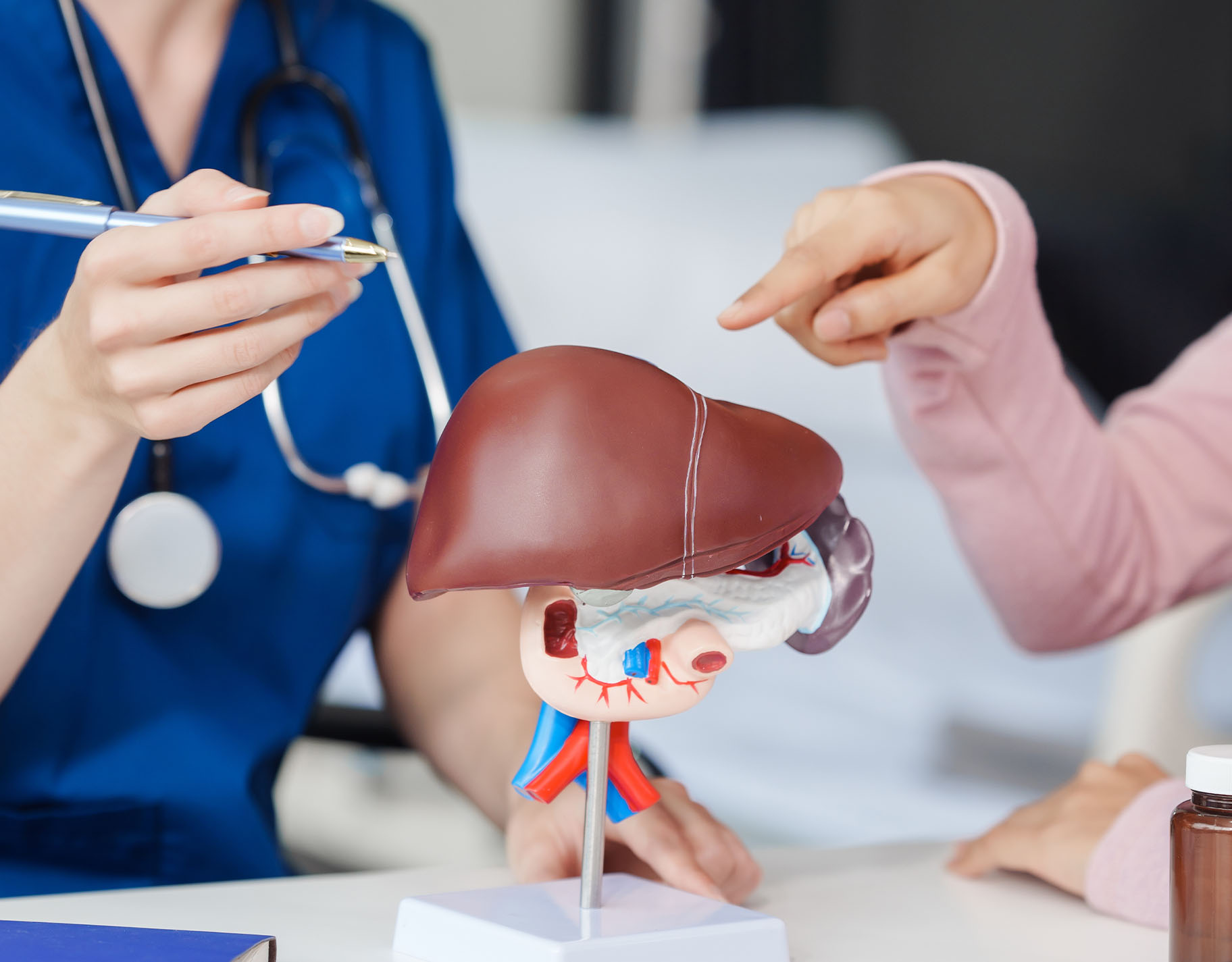Dear Families, Beware Metabolic-Associated Fatty Liver Disease (MAFLD)!
Also known as Non-Alcoholic Fatty Liver Disease, Metabolic-Associated Fatty Liver Disease has been affecting families more than ever.
Although the liver can repair itself, there’s only so much it can fix especially when Life’s stresses just force us to make unhealthy decisions. At first, it doesn’t seem like much but the consequences of these choices do end up piling up. So before we start turning yellow with jaundice or rushing ourselves and dragging the kids with us to the hospital, here’s what we can do to avoid Metabolic-Associated Fatty Liver Disease (MAFLD).

What is Metabolic-Associated Fatty Liver Disease?
Most of us would recall it as Non-Alcoholic Fatty Liver Disease — an instance where the fat builds up within the liver. While there are no immediate signs of damage, that’s also what makes it dangerous. As a “silent” disease, we rarely notice the damage and only do so when it starts to show on the outside. The most common sign is jaundice wherein the whole body — including the whites of our eyes — turns bright yellow from the build-up of Bilirubin.
But there are some tell-tale signs that we often just dismiss. Lack of energy or fatigue, inability to sleep, and even our moods can swing just because our body’s not functioning right. As an organ also responsible for producing hormones like the thyroid hormone (which affects our moods a lot more than we think!), insulin-like growth factors 1 and 2, the signs are there. Unfortunately, these symptoms are also too easy enough to just attribute to stress and a long day’s work, shares Dr. Jose Sollano.
“But we still have to try. At least even one step at a time,” he adds.
The strange culprit behind Metabolic-Associated Fatty Liver Disease
Metabolic-Associated Fatty Liver Disease (MAFLD) is more “caloric” in cause. Not limited to just Filipinos or parents, many of us resort to eating to ease our stress. Especially as diabetics, we try to avoid sugar when sometimes, it just makes us crave more. Discipline is sticking to a diet is one thing but making sure we burn the calories is another, reveals Dr. Angelo Lozada.
“We often associate fatty liver with obesity but there are rare cases when people look physically fit yet still are afflicted with Metabolic-Associated Fatty Liver Disease,” he explains. “We call that Lean Metabolic-Associated Fatty Liver Disease and more often than not, it’s caused by the misallocation of calories. Maybe we don’t burn them enough or we take in too many.”
However, both doctors agree that genetic family history can play a large role in the disease’s prevalence. The Philippines, already known to be home to many diabetics, also has 10-20% of its population either suffering from the disease or at high risk of Metabolic-Associated Fatty Liver Disease. Another underlying factor would also be those who have a history of thyroid diseases, adds Dr. Lozada.
“Since the thyroid is also responsible for many metabolic functions, it’s good to detect it early so we can prevent the disease.”

What can families do to avoid Metabolic-Associated Fatty Liver Disease (MAFLD)?
While the cause of Metabolic-Associated Fatty Liver Disease is usually an overload of calories, it’s not fun either to keep counting them or shocking our bodies into trending diets. In fact, one of the possible prevention methods for the disease lies in a traditional Filipino nursery rhyme: Bahay Kubo.
“Remember all the vegetables mentioned in the song? Those are the things that help in managing the disease,” explains Dr. Lozada. “We can apply it to an old style of eating called Pinggan Pinoy where 50% of the plate is vegetables, 25% is meat, and the next 25% is rice.”
It might be a struggle at first, thinking about how much prep time there is to follow such a diet regiment. But we’d like to think about it this way: it’s always the first part that’s the hardest. The learning curve to cooking and sticking to the regiment may be frustrating but it’s highly beneficial in the long run. After all, many of us want to be strong enough to be parents to our children. At the same time, we don’t want our children to end up with the disease either!
More about sicknesses?
Invasive Meningococcal Disease: Why Families Should Be Wary Of It
Important Details About Non-Alcoholic Fatty Liver Disease
Respiratory Syncytial Virus (RSV): Not Your Typical Flu









